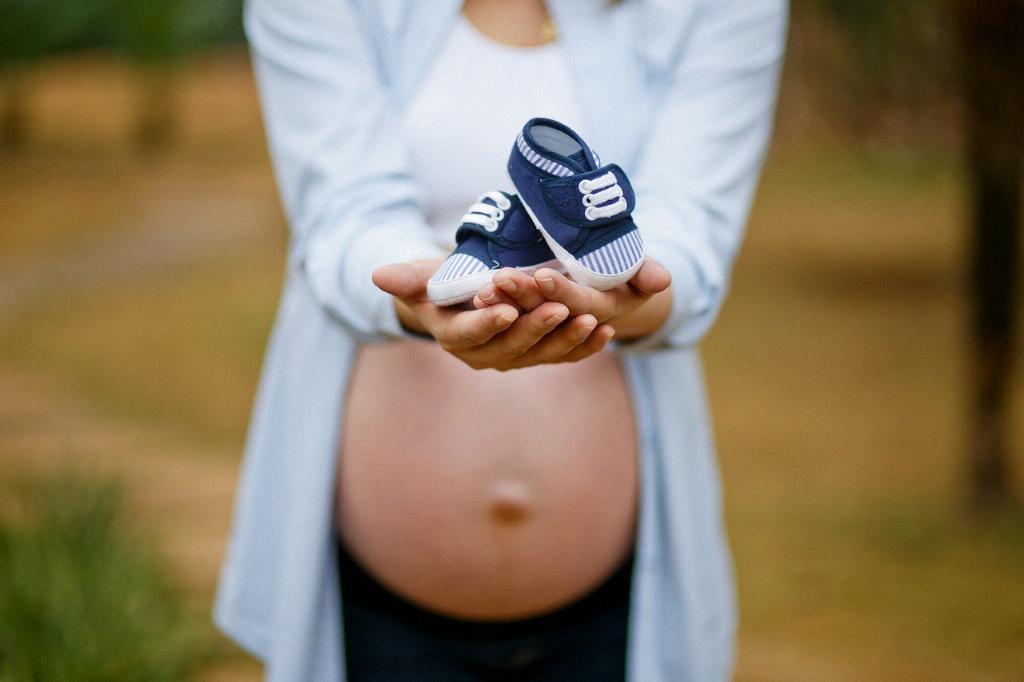Planning for a baby is an exciting journey that involves more than just making the decision to start a family. It’s crucial to consider the timing of when to start preparing for pregnancy, as this can significantly impact the health of both you and your future baby.
Start Focusing On Your Health
It’s recommended to begin focusing on your health at least three months before you plan to start trying to conceive. This preconception period allows you to make healthy lifestyle changes that can positively influence your fertility and pregnancy outcomes.
Health Conditions and Pregnancy
If you have underlying health conditions that could potentially affect a pregnancy, such as diabetes, hypertension, or thyroid disorders, you may need more time to prepare your body for the demands of pregnancy. Consulting with your healthcare provider early on can help you address any concerns and optimize your health before conception.
Nutrition and Diet
Optimizing your nutrition and diet plays a crucial role in preparing your body for pregnancy. Consuming a balanced diet rich in fruits, vegetables, whole grains, lean proteins, and healthy fats can provide essential nutrients needed for reproductive health and fetal development.
Weight Management
Maintaining a healthy weight is important for fertility and pregnancy. Both underweight and overweight individuals may face challenges when trying to conceive, so achieving a healthy weight before getting pregnant is advisable. Your healthcare provider can help you establish a weight management plan tailored to your needs.
Physical Activity
Regular exercise not only supports overall health but also prepares your body for the physical demands of pregnancy and childbirth. Engaging in moderate exercise, such as walking, swimming, or yoga, can help improve your fitness level and enhance your well-being.
Supplements and Vitamins
Taking prenatal vitamins containing folic acid before conception is essential for reducing the risk of neural tube defects in the developing baby. Your healthcare provider may also recommend other supplements based on your individual needs to support a healthy pregnancy.
Healthy Habits
Avoiding harmful substances such as alcohol, tobacco, and recreational drugs is crucial when preparing for pregnancy. These substances can negatively impact fertility and increase the risk of pregnancy complications, making it important to establish healthy habits early on.
Stress Management
Managing stress is key when preparing for pregnancy, as high stress levels can affect fertility and overall well-being. Practicing relaxation techniques, mindfulness, and seeking support from loved ones can help you cope with stress and promote emotional health.
Medical Check-Up
Scheduling a preconception medical check-up with your healthcare provider is recommended to address any underlying health concerns and ensure that you are physically prepared for pregnancy. This visit allows you to discuss your reproductive goals and receive personalized guidance.
Family Planning
Discussing family planning with your partner and loved ones is essential before embarking on the journey to parenthood. Open communication about your expectations, concerns, and roles as parents can help strengthen your relationship and prepare you for the changes that come with starting a family.
Final Thoughts
In conclusion, the ideal time to start preparing for pregnancy is before you even start trying to conceive. By focusing on your health, nutrition, lifestyle habits, and emotional well-being, you can optimize your chances of having a healthy pregnancy and a happy, fulfilling journey to parenthood.

